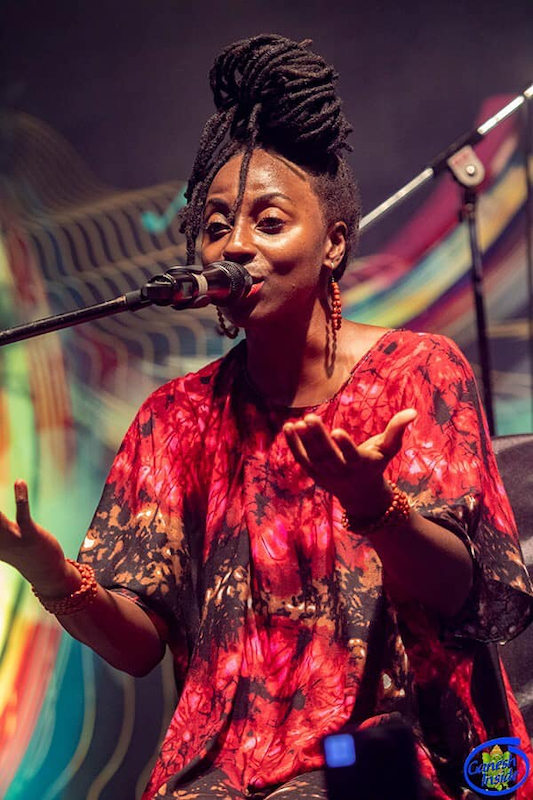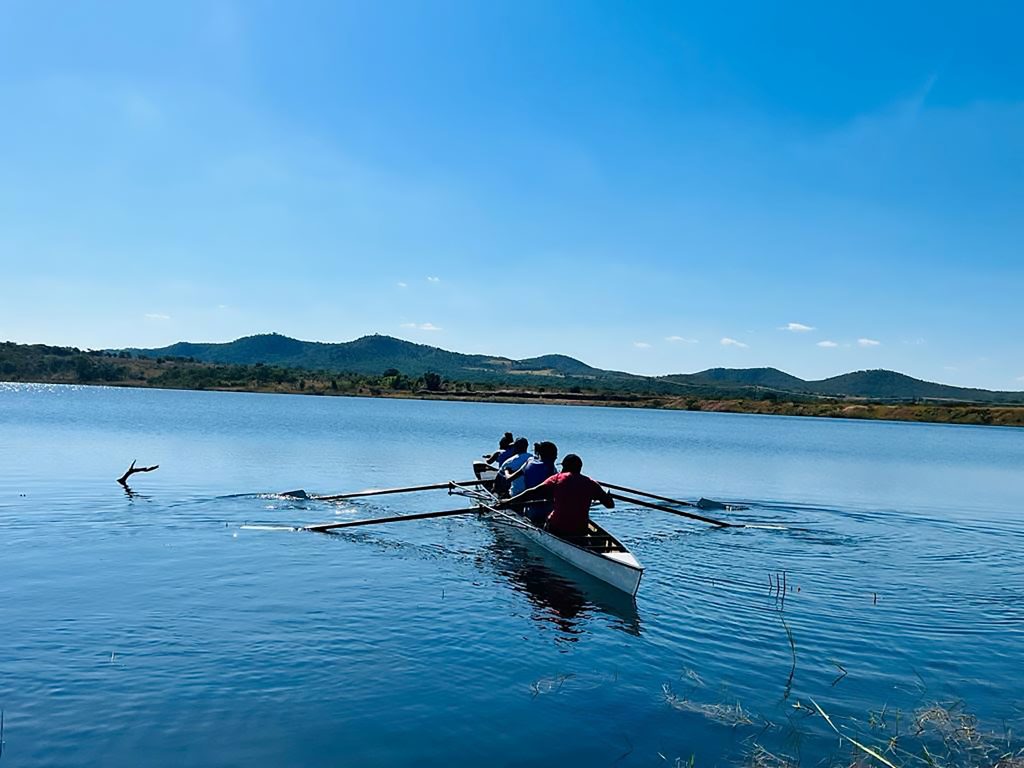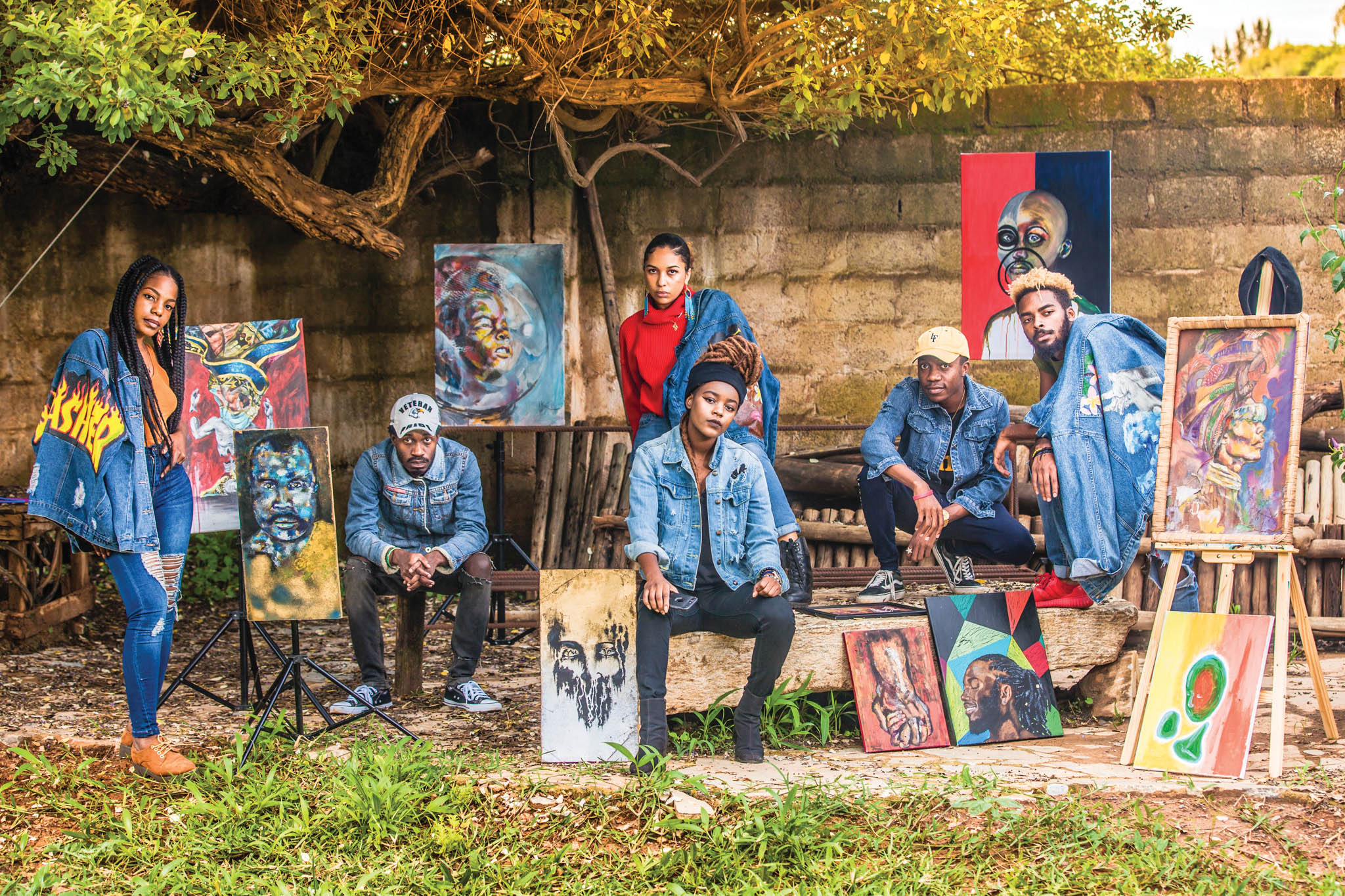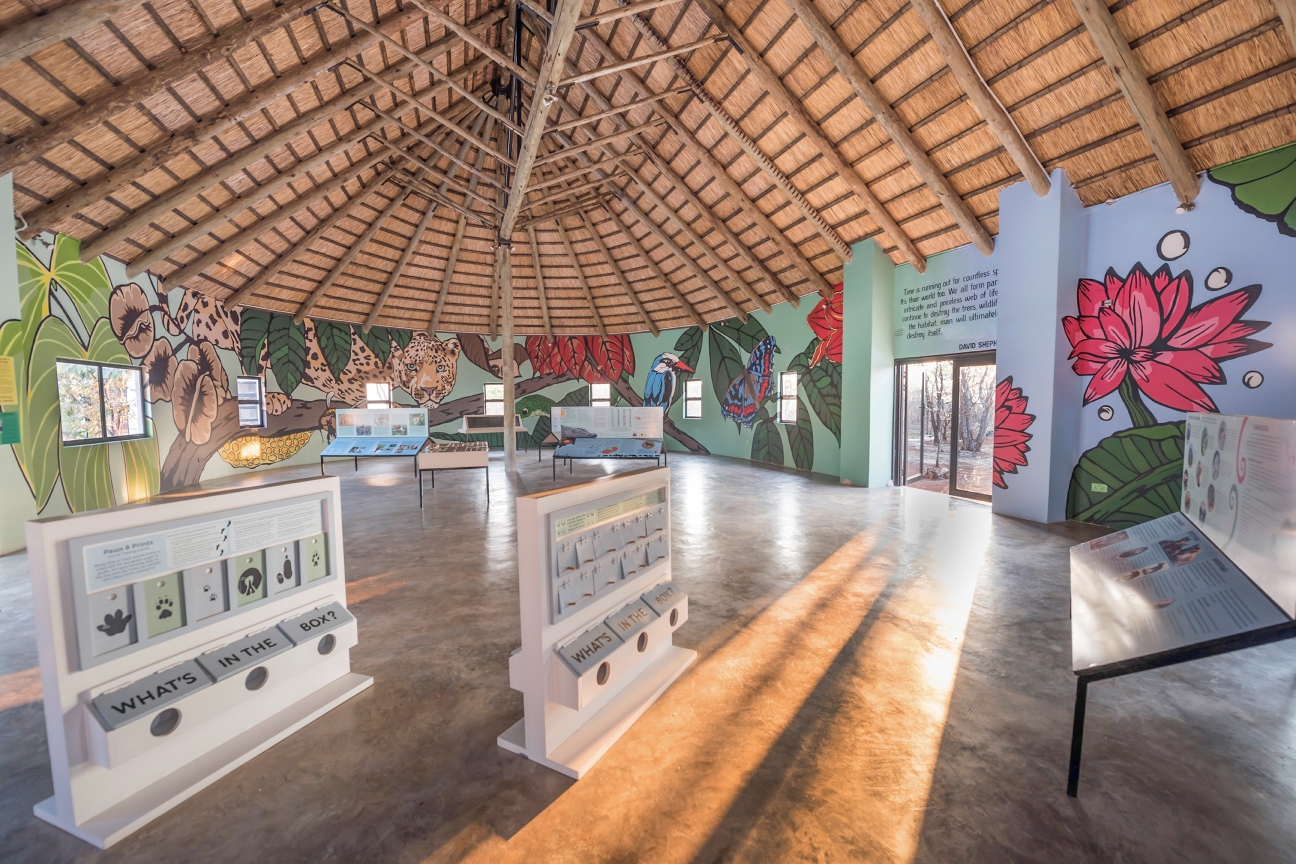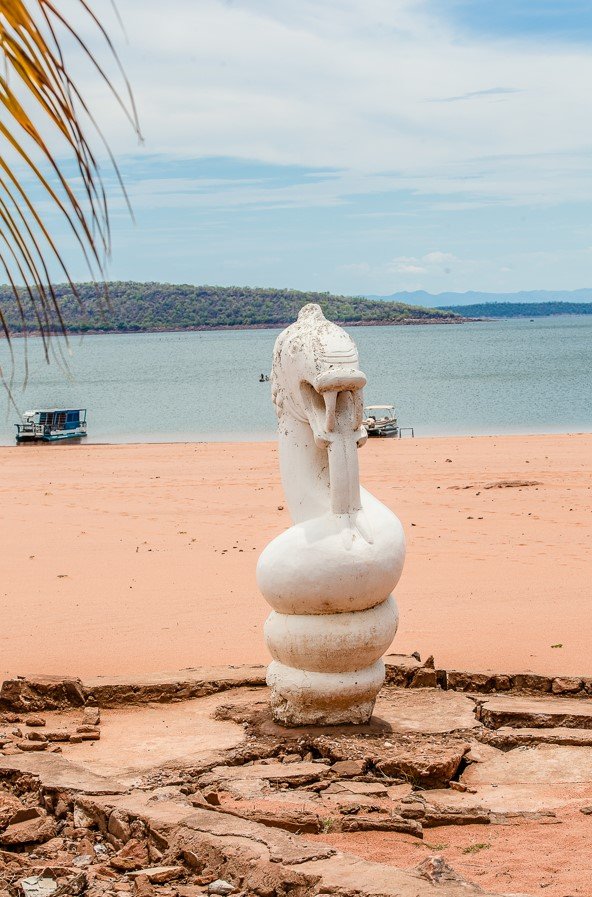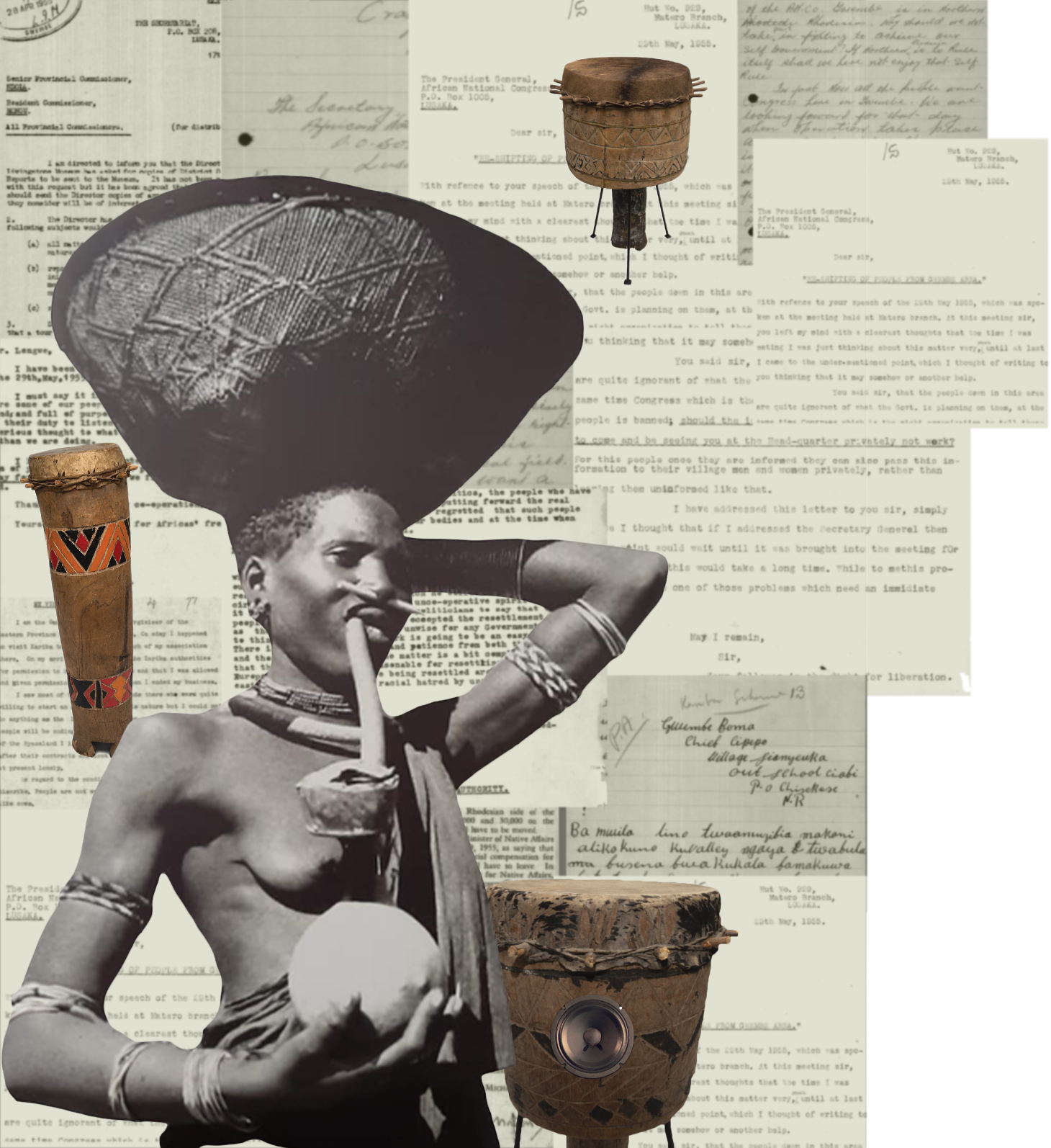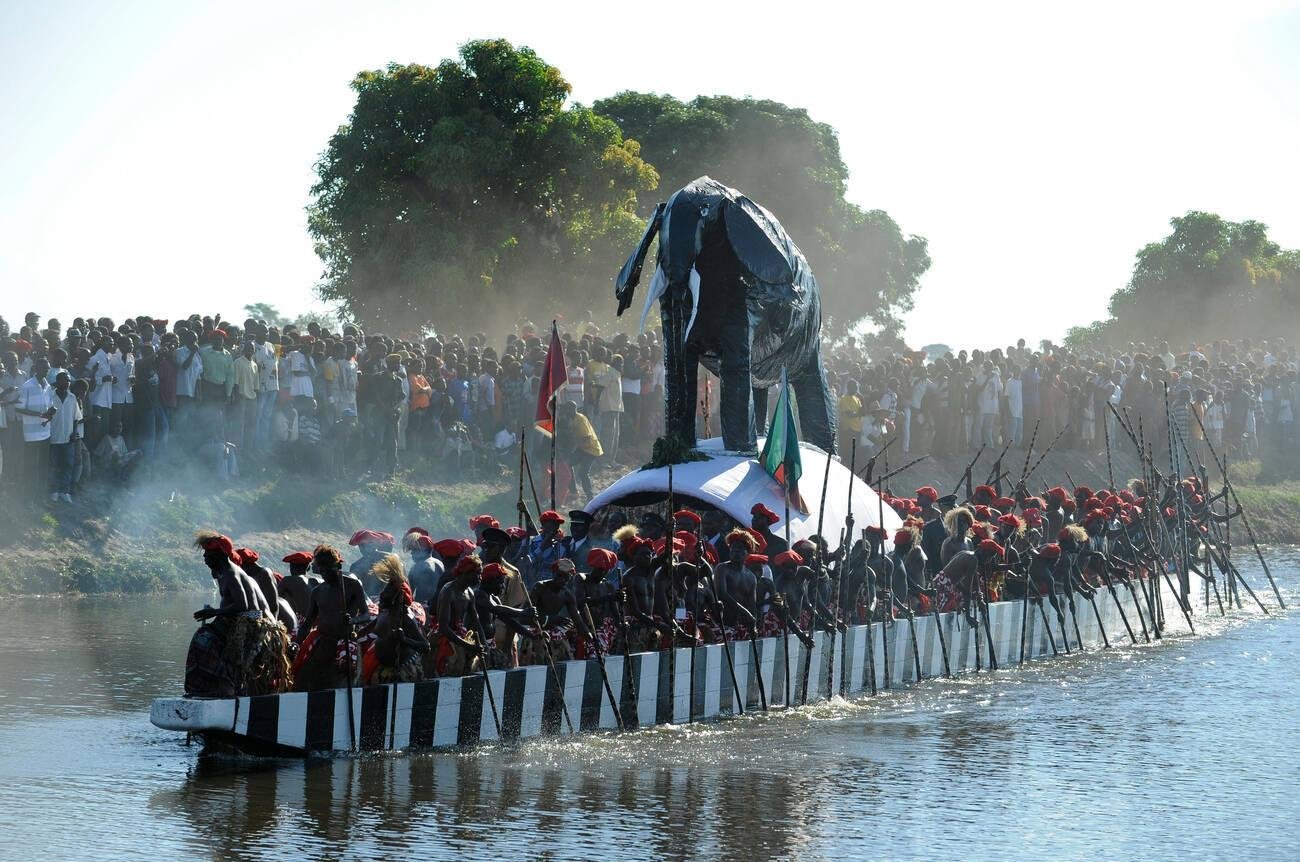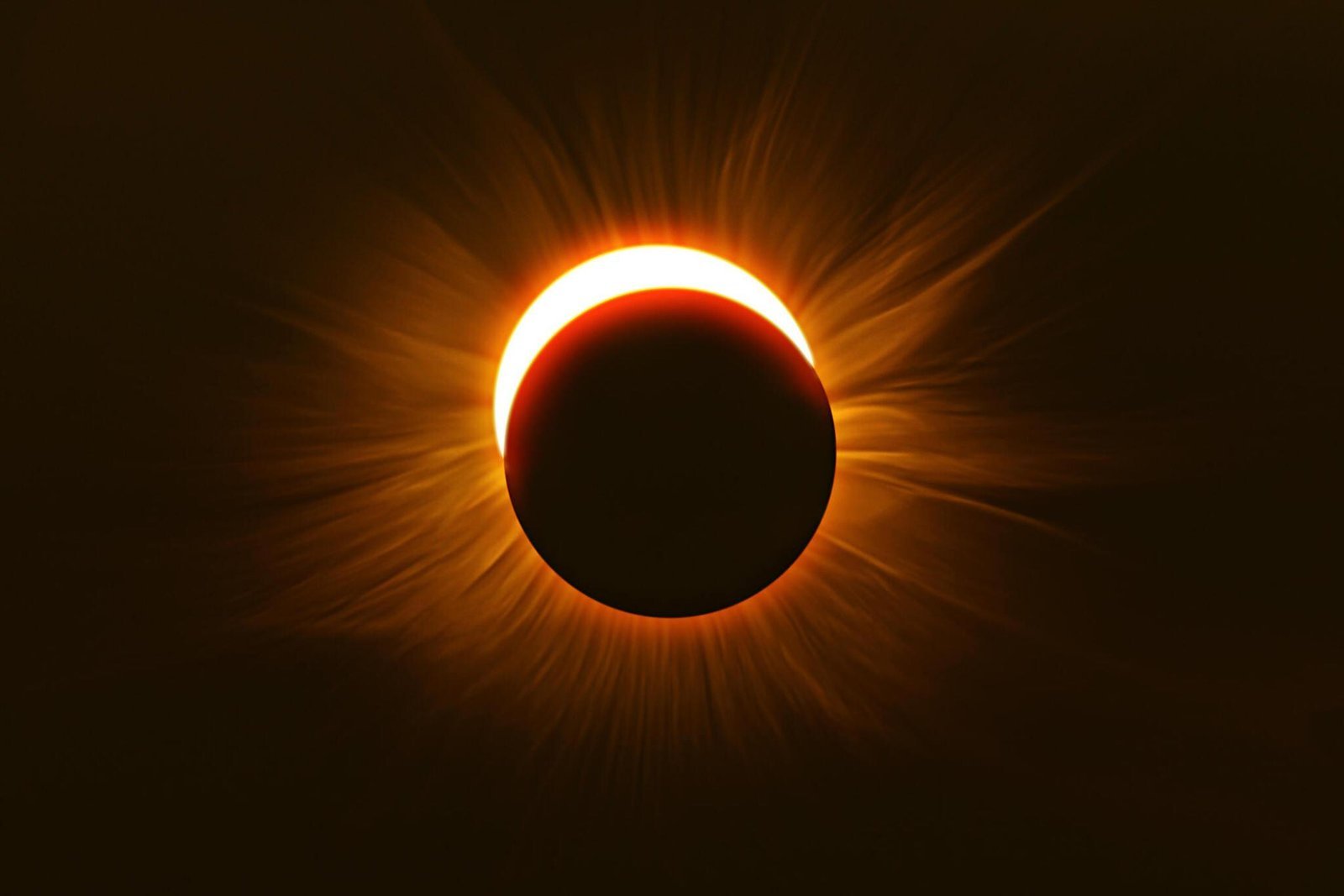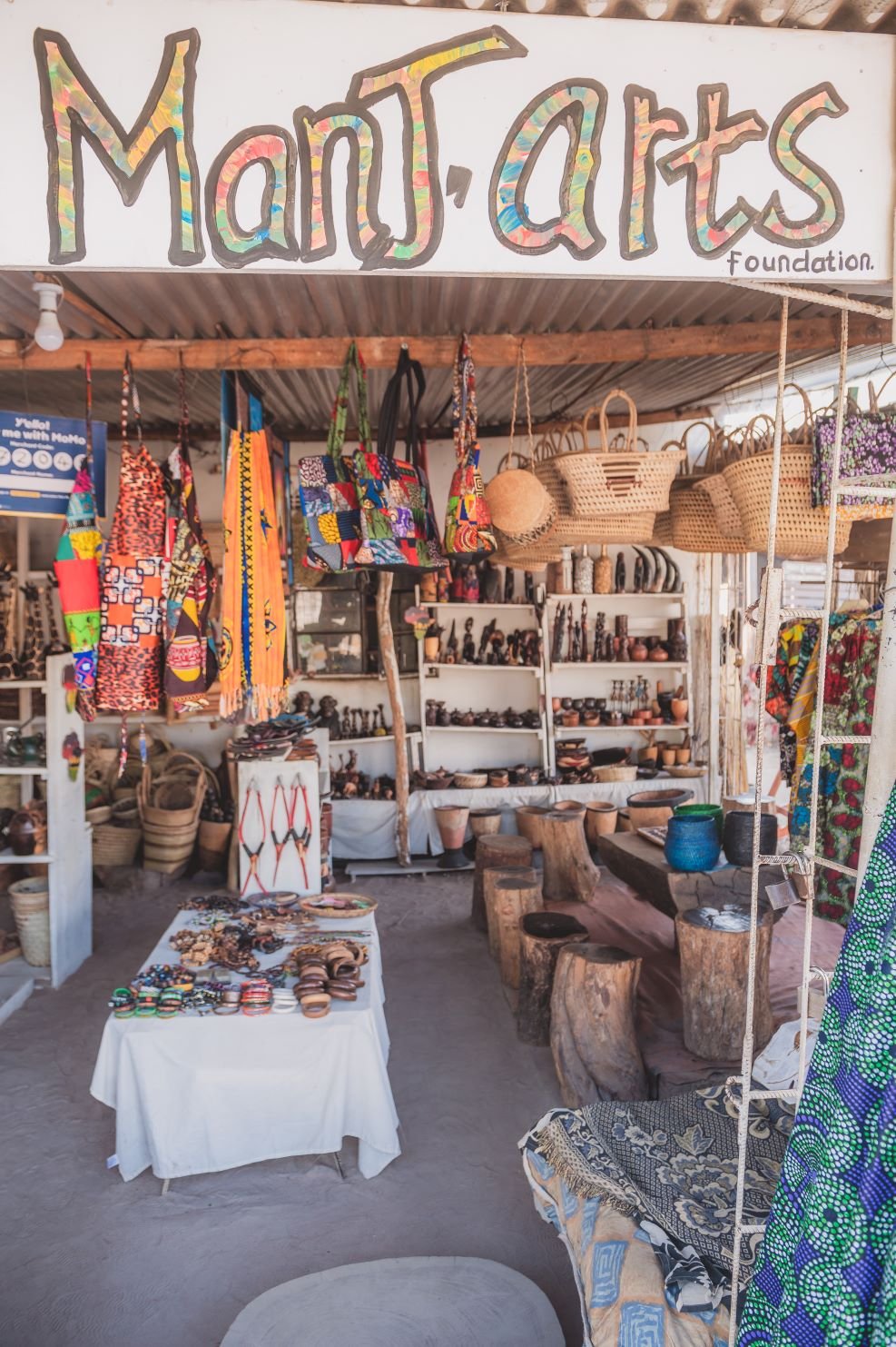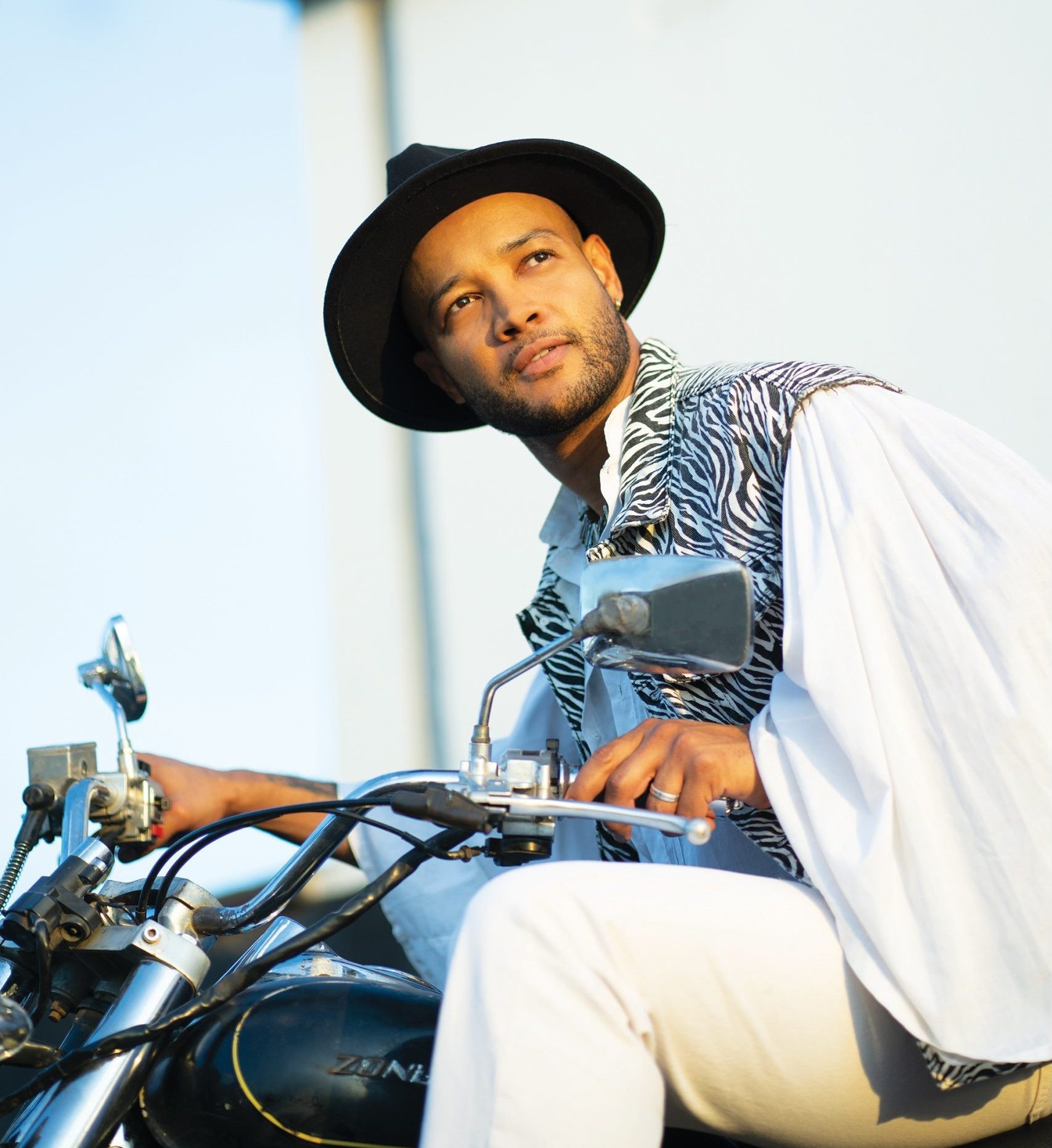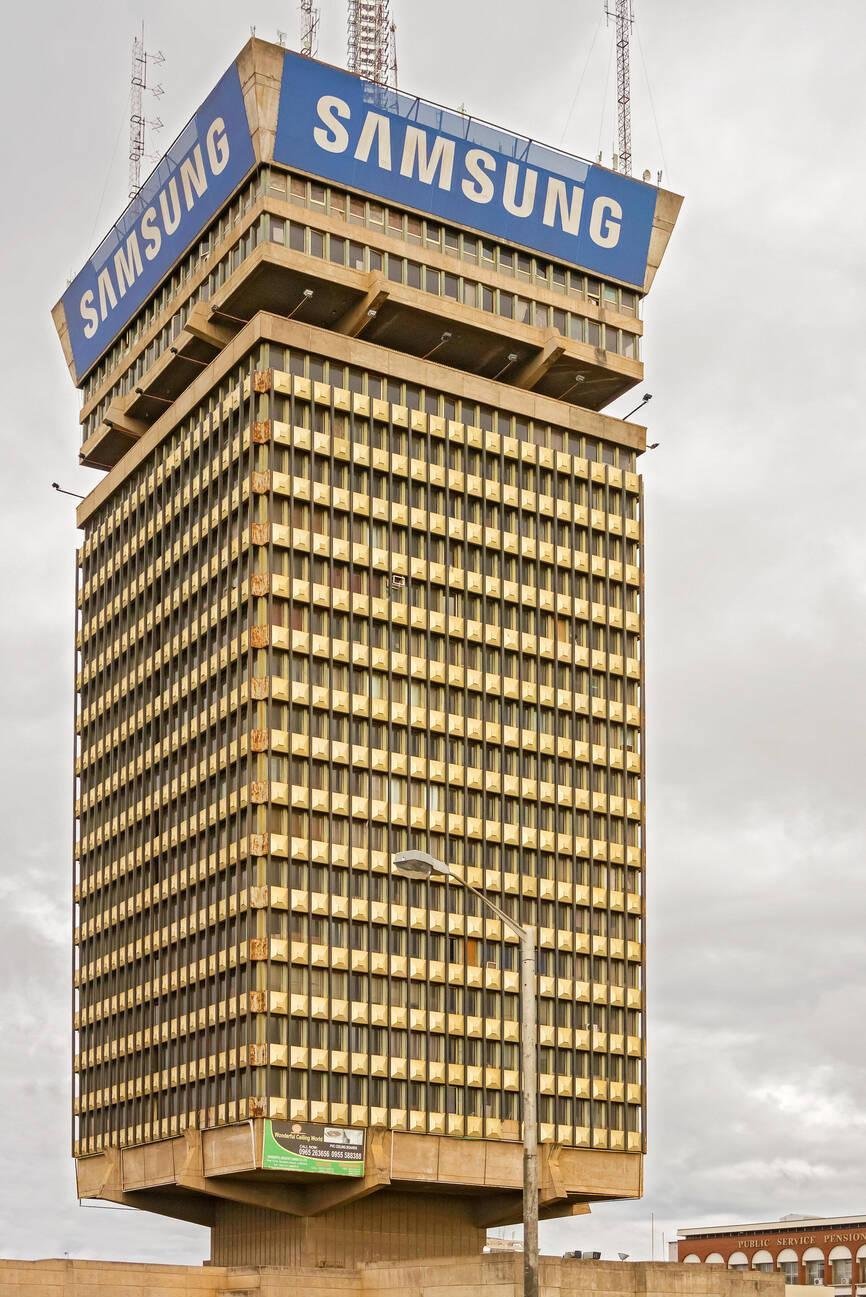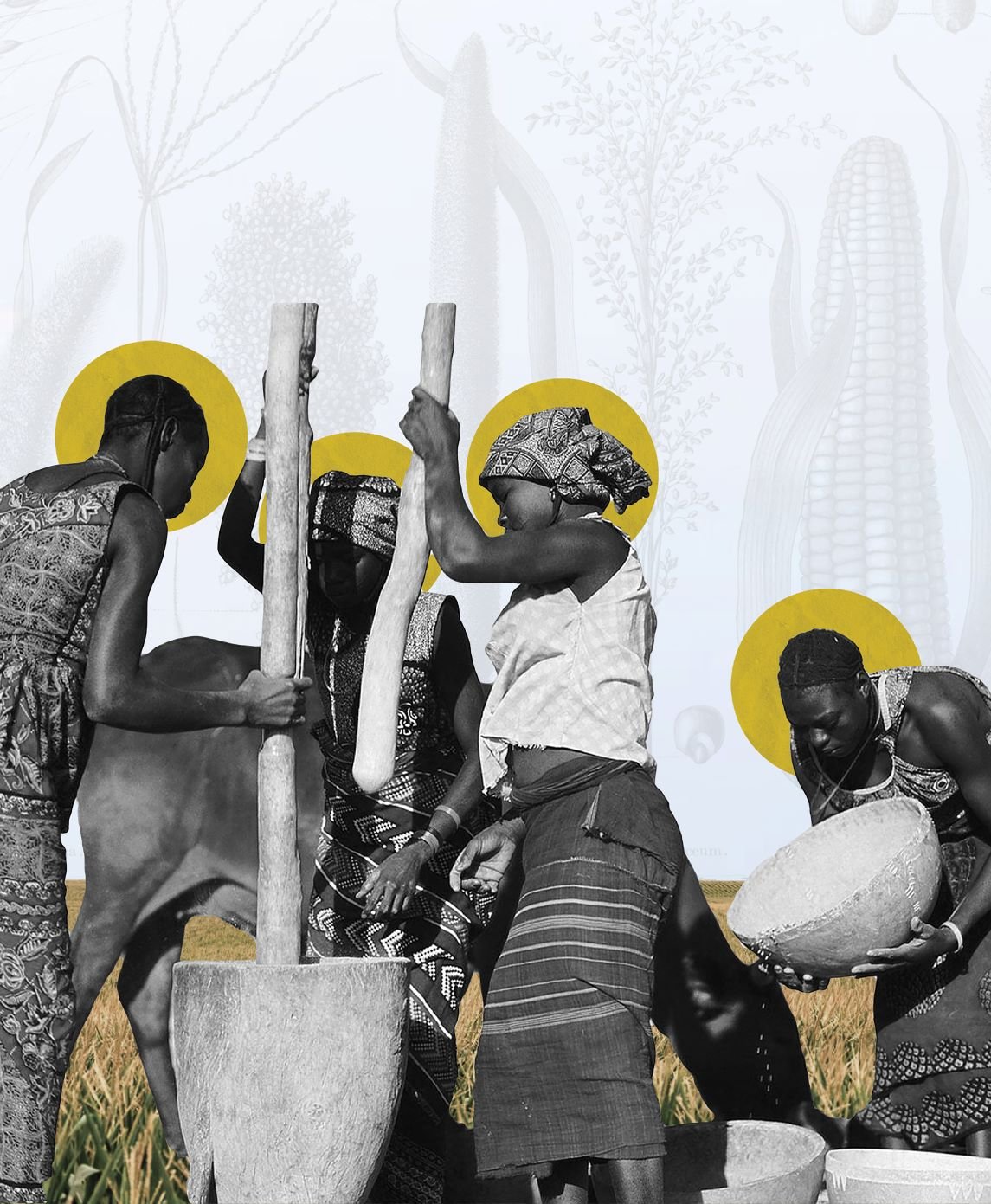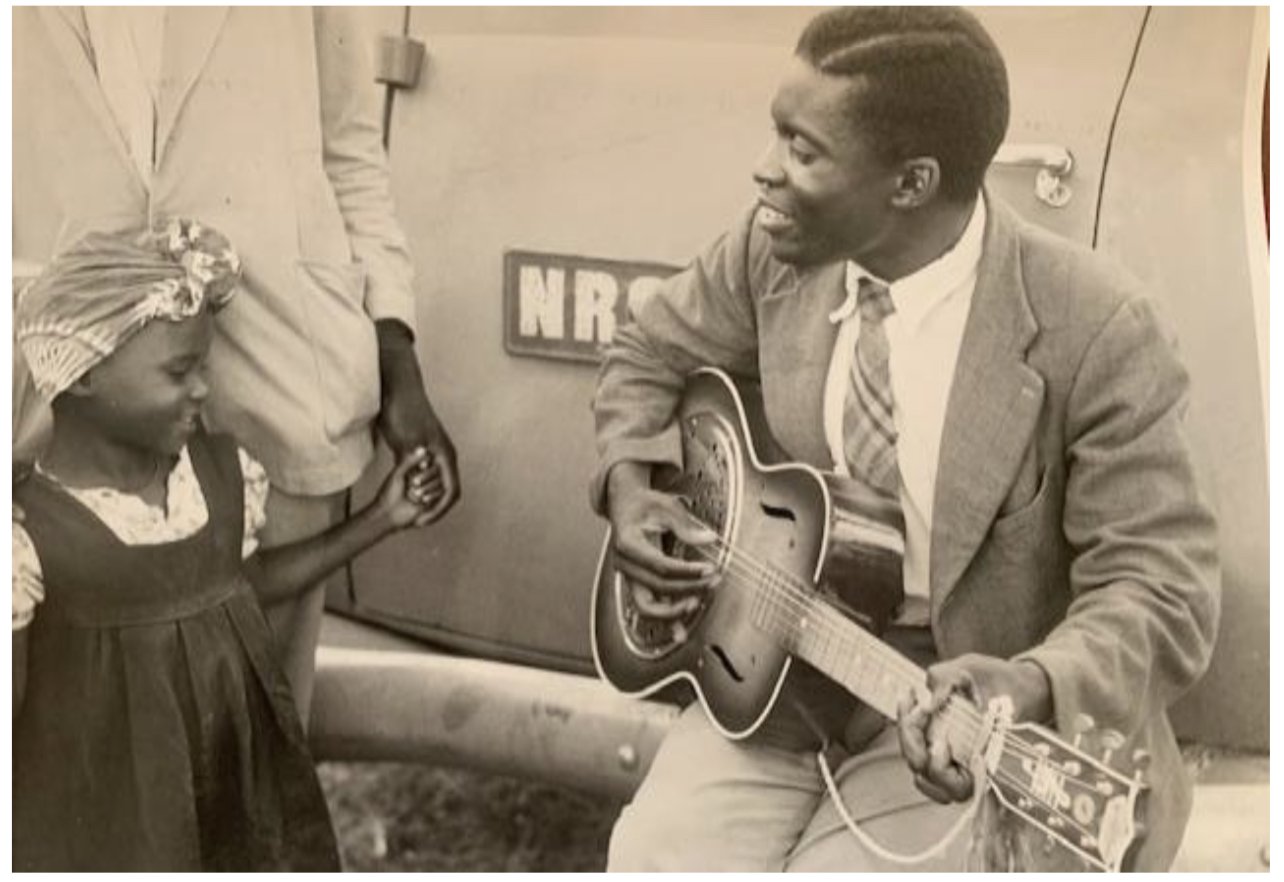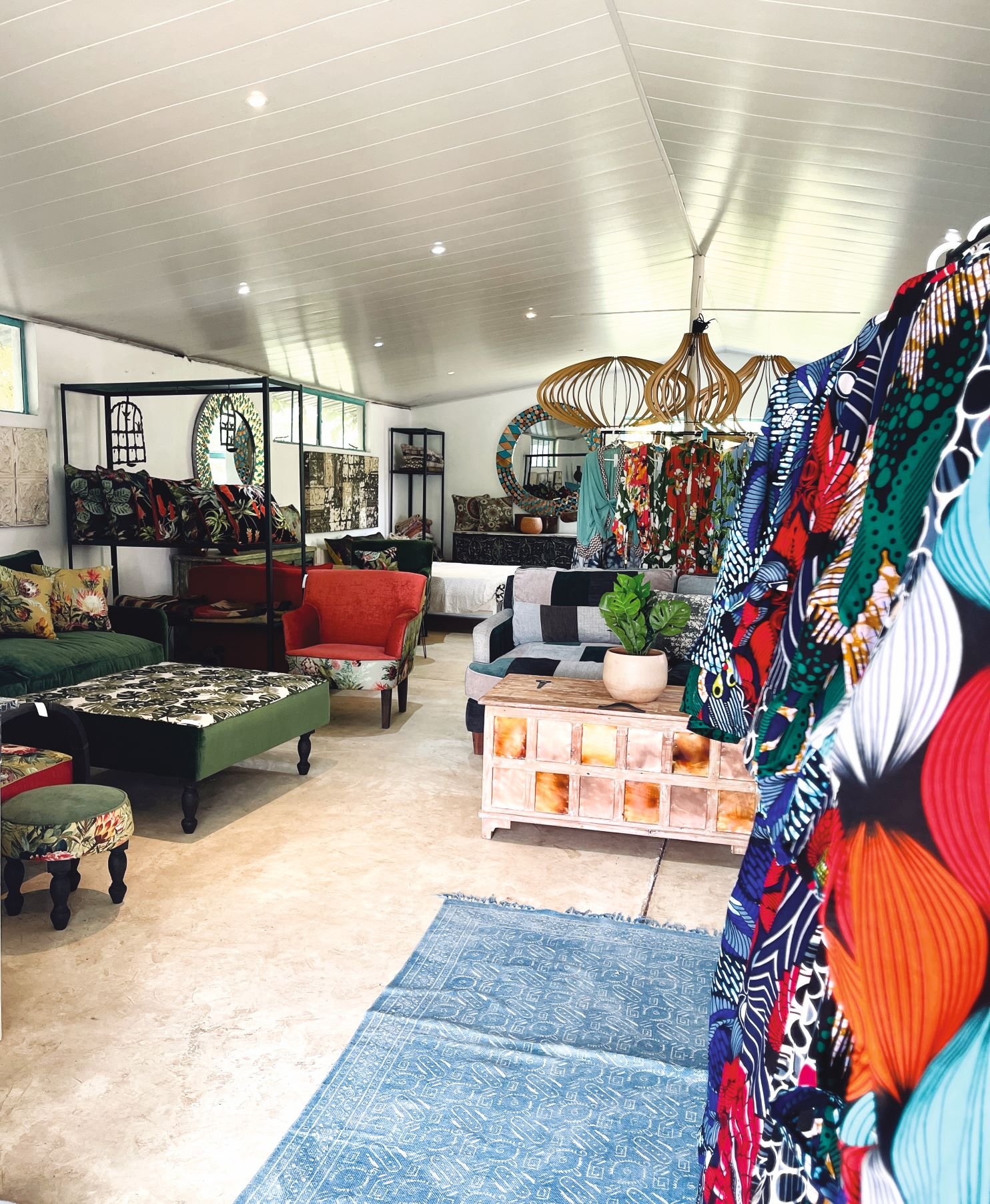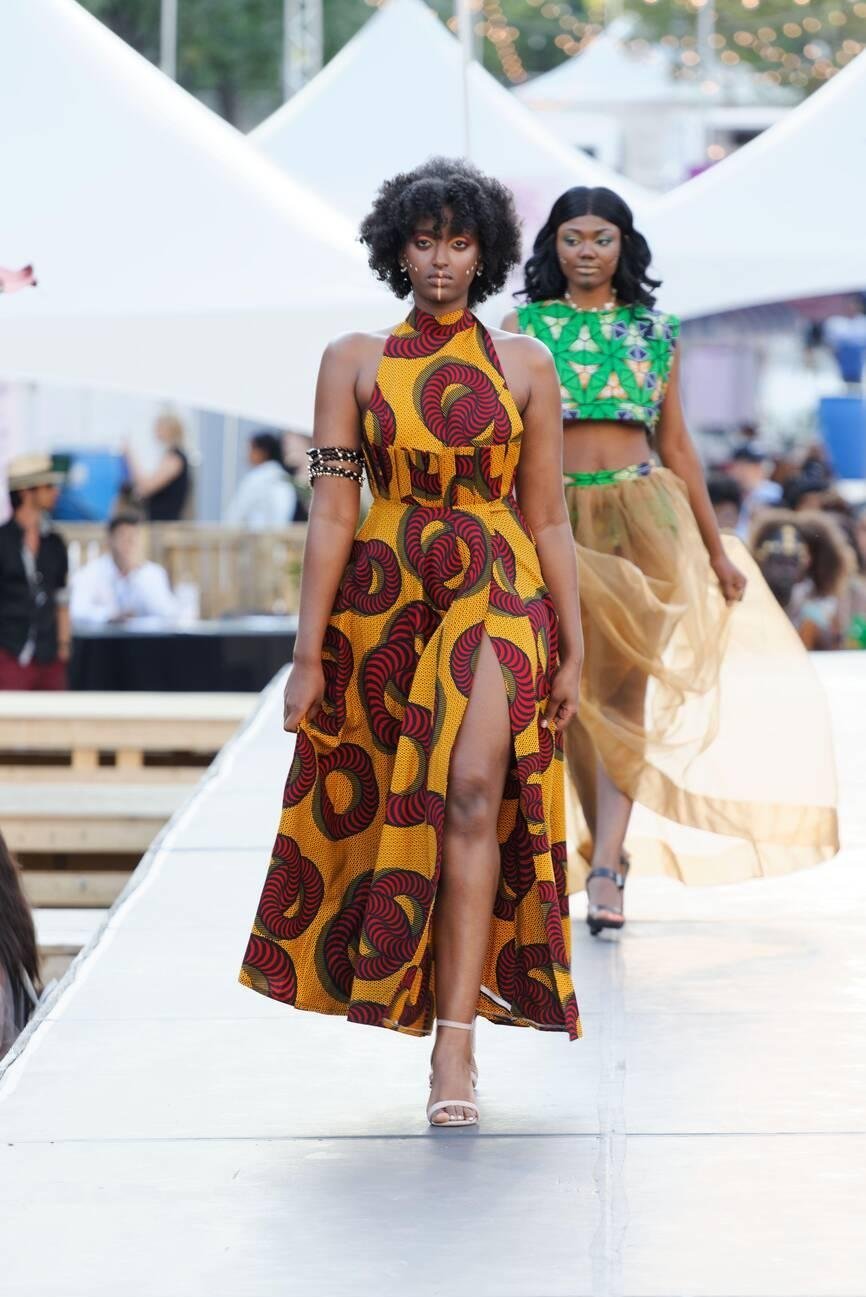To understand the Zimbabwean people, one needs to explore their culture and in this edition we are paying special attention to music, mbira music in particular. Zimbabwe has many indigenous instruments but the best known is the mbira. The “Mbira is the primary instrument of the traditional and ritual music of the Shona people, and has been played for over 1,000 years.” This is according to Mbuya Stella Rambisai Chiweshe’s website. She is considered the queen of mbira music.

The mbira, falling under the family of lamellophones, comprises of a wooden board with affixed staggered metal prongs, played by holding the instrument in the hands and strumming the prongs with the thumbs, the right forefinger and sometimes the left forefinger. Despite mbira music and the cultural and ritual practices surrounding it having been considered evil by Christian missionaries to Zimbabwe, with the instruments getting confiscated, the mbira remained a fundamental instrument in Shona ritual musical practices.

The mbira comes in different forms and different sizes and though it is a prized instrument in Zimbabwe it is also played in other African countries. Albert Chimedza, director of the Mbira Centre in Harare, has estimated that there are at most ten thousand people in the world who play mbira.
Though it is an old instrument, the mbira was commercially produced and exported by ethnomusicologist Hugh Tracey from the 50s thereby making it popular outside Africa. Tracey’s model was fashioned after the mbira nyunga nyunga. It, however, was not only Tracey who made the instrument popular outside Africa. The late Ephat Mujuru was one of the pioneer teachers of mbira dzavadzimu in America, Dumisani Maraire took the related marimba and karimba music to the American Pacific Northwest and Paul Berliner wrote about and recorded Zimbabwean musicians. The instrument also became popular because of the chimurenga musician Thomas Mapfumo’s success in the 80s. Mapfumo played the mbira on stage, accompanying the sound with that of drums, the bass and electric guitars as well as horns.
Zimbabwe has many mbira players, from those that play traditional music to modern music, some still with us and some departed. These include Tendayi Gahamadze, Chartwell Dutiro, Cosmas Magaya, Dumisani and Chiwoniso Maraire, Ephat Mujuru, Forward Kwenda, Garikayi Tirikoti, Jah Prayzah, Mbira dzeNharira, Mbuya Dyoko, Musekiwa Chingodza, Oliver Mtukudzi, Stella Chiweshe, Godknows Zicky Garande, Alexio Kawara, Diana Samkange, Hope Masike, Prince Musarurwa, Tendai Mararire and Kelvin Chikumbirike.

Hope Masike – mbira royalty
I recently spoke to musician Hope Masike, considered the princess of mbira music. A colleague of mine introduced me to Hope Masike’s music and I fell in love with ‘Nalimitemwa.’ Watching her performing live at the Harare International Festival of Arts (HIFA) in 2016 alongside the Malian giant, Salif Keita, was a dream come true. When they performed ‘Africa,’ a song I grew up listening to on AfroBeats on the Zimbabwe Broadcasting Corporation’s ZTV, I was blown away and very moved by the beauty with which these two people performed.

While mbira music and the cultural and ritual practices surrounding it were considered evil by Christian missionaries and those they influenced Hope believes attitudes have changed. However, she adds, “There is still a wide range of people who loathe the mbira because they still deem it as pagan.”
Hope started playing mbira about 15 years ago. She was taught by a friend who is a fine arts lecturer, Sekuru Romeo. Currently she plays two types of mbira, mbira dzavadzimu and nyunga-nyunga. Though she also says, “I have become more contemporary with my mbira playing, blending the mbira with all sorts of music styles from jazz to hip-hop… I am currently experimenting with jazz chordal extensions and a bit of melody too.”
Hope also plays guitar and piano, though she says not at performance level. Furthermore, she also plays Zimbabwean traditional drums.
When asked why she wanted to learn mbira and what it means to her personally Hope says, “It’s in my roots… the mbira represents my roots, my history, the pains and joys of my forefathers. It is my heritage, one of the gifts they left me.”
